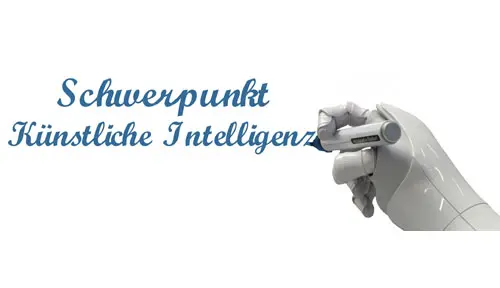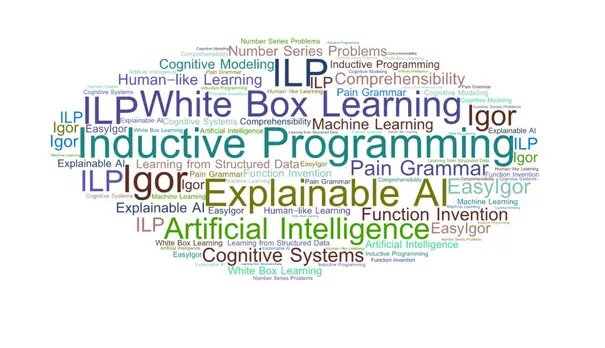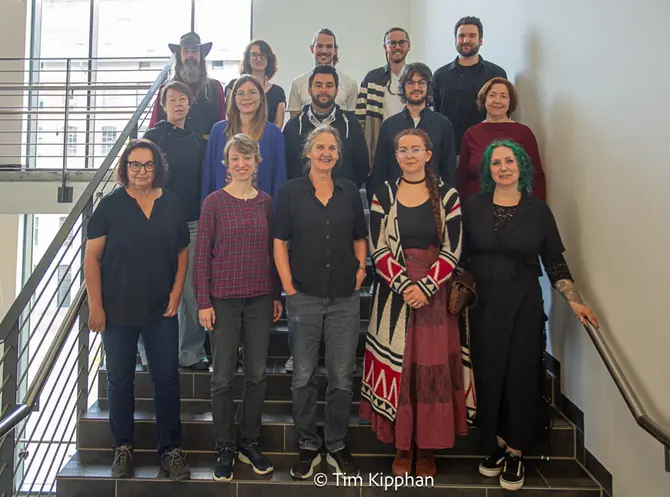Cognitive Systems
Short Portrait
More than 15 years experience in comprehensible machine learning
Research field Cognitive Systems (CogSys)
In the Cognitive Systems (CogSys) group we are concerned with the development of approaches, concepts, and methods for design, description, construction, and analysis of artificial intelligence systems based on cognitive principles. On the one hand, we use findings on cognitive processes as inspiration to create artificial systems ('psychonics'), on the other hand, we are interested in computational modeling of cognitive phenomena. Therefore, in our research we combine development of algorithms and their testing in different areas of application with empirical studies, mainly in form of controlled experiments.
Main topics: research in inductive programming and explainable artificial intelligence (XAI)
Main topics of are induction and learning as well as hybrid AI approaches. We have a long research tradition in inductive programming, that is inductive synthesis of (recursive) functional or logic programs from incomplete specifications (e.g., input/output examples). Inductive programming is a powerful and general approach to learning productive rules from experience. Our research addresses comprehensible and explainable artificial intelligence (XAI). We research symbolic/knowledge-level approaches in machine learning (white box learning) and on hybrid AI (neuro-symbolic) systems, especially combining deep learning for image data with relational learning. Furthermore, we investigate analogical reasoning as a powerful approach to problem solving and as a special mechanism of knowledge acquisition. We develop 3rd wave of AI methods with the aim to enable human-AI partnerships. To this aim, we propose a mutual explanation framework for interactive learning. We propose multimodal XAI methods, especially for relational domains, combining verbal, visual, and example-based explanations.
Application areas in image based diagnostics in medicine and manufacturing and intelligent tutor systems
Application areas are explainatory and interactive machine learning for image based diagnostics in medicine and manufacturing, identification of irrelevant digital objects, facial expression analysis and classification, cognitive models of concept learning, and intelligent tutor systems for mathematics and programming.




